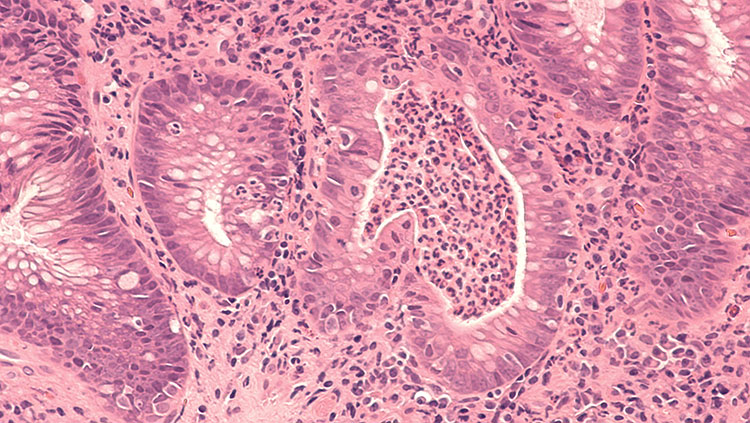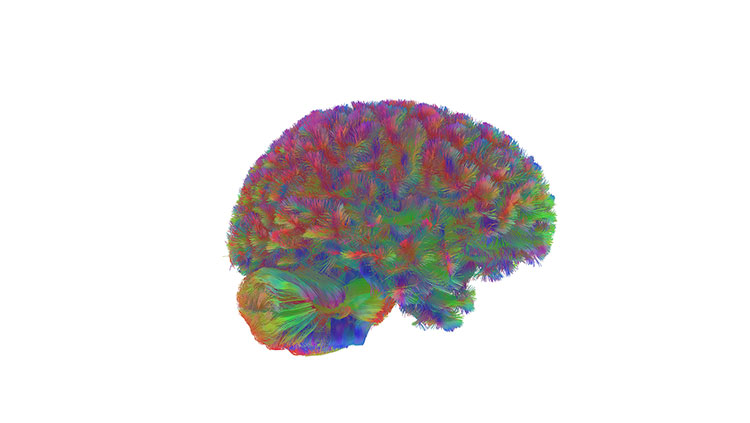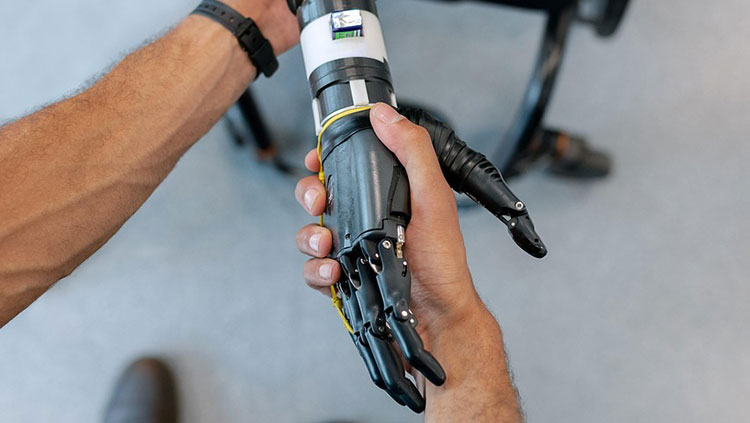ICYMI: Inflammatory Bowel Disease Linked to Dementia
- Published2 Jul 2020
- Author Alexis Wnuk
- Source BrainFacts/SfN

These were the top neuroscience stories for the week of June 22, 2020.
Inflammatory Bowel Disease Linked to Dementia
Inflammatory bowel diseases like Crohn’s disease and ulcerative colitis are linked to increased risk of dementia later in life, researchers reported June 23 in the journal Gut. Using the anonymized health records of nearly 20,000 adults in Taiwan, they found people who had these conditions at midlife were more than twice as likely to develop dementia compared to a control group. And, on average, they were diagnosed with dementia seven years earlier. Of the various kinds of dementia, the strongest association was seen for Alzheimer’s disease: people with inflammatory bowel disease were more than six times as likely to develop Alzheimer’s disease than the control group.
Big picture: The researchers speculate chronic inflammation and disruptions to the gut’s microbial flora may explain the findings. But the findings only represent a correlation rather than a true cause and effect. What’s more, the health records didn’t include diet and exercise information so it’s possible differences in health behaviors could play a role.
Read more: Scientists link bowel inflammation to higher risk of dementia (The Guardian)
Converting Astrocytes to Neurons Reverses Neurodegeneration
Coaxing some of the brain’s support cells to become neurons reverses neurodegeneration in a mouse model of Parkinson’s disease, researchers reported June 24 in Nature. In prior work, the team found a protein called PTB prevented support cells from developing into neurons; blocking it “lifted the brakes” and allowed immature support cells cultured in a dish to become neurons. So, the researchers injected mice with a chemical that kills dopamine-producing neurons in the substantia nigra, the area of the brain destroyed in Parkinson’s disease. Then they introduced bits of genetic material to block PTB into the substantia nigra and found it boosted the number of dopamine neurons and improved the animals’ motor performance.
Big picture: Scientists are exploring ways to replace dopamine neurons destroyed in Parkinson’s disease by injecting stem cells into the brain and coaxing them to become functional neurons. The study findings suggest scientists may be able to bypass the step of creating stem cells. But, a lot of questions remain: researchers don’t know whether the cells can survive and maintain their new identity in the long term, or whether the approach would work in other animal models of Parkinson’s.
Read more: Astrocyte-to-Neuron Method Reverses Neurodegeneration in Mice (The Scientist)
CONTENT PROVIDED BY
BrainFacts/SfN
Also In Neuroscience in the News
Trending
Popular articles on BrainFacts.org


















